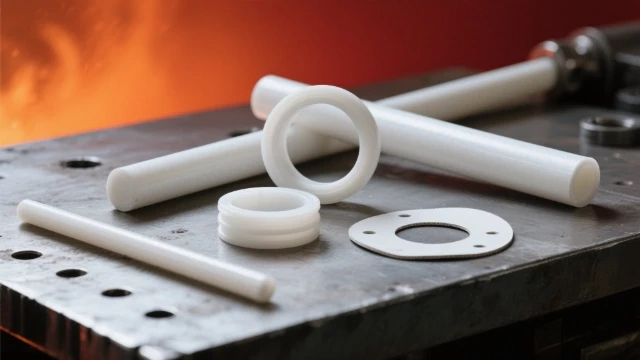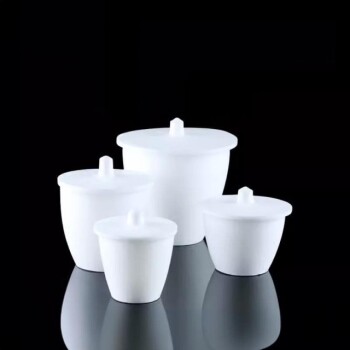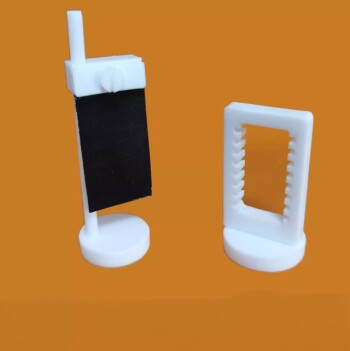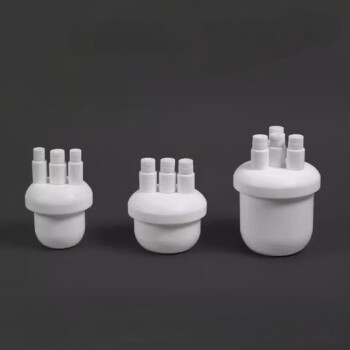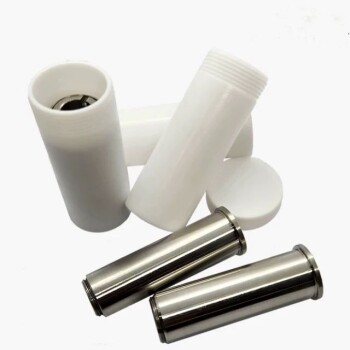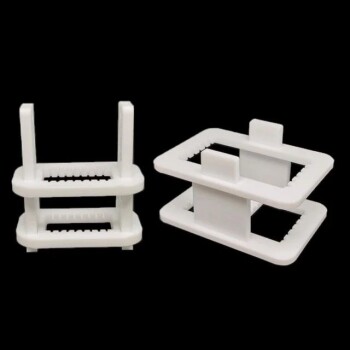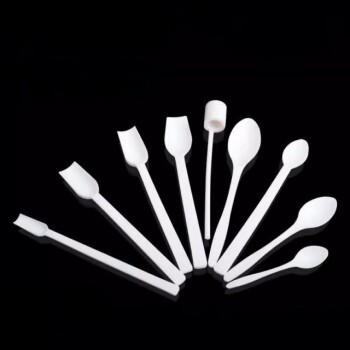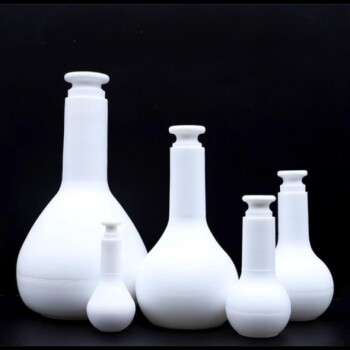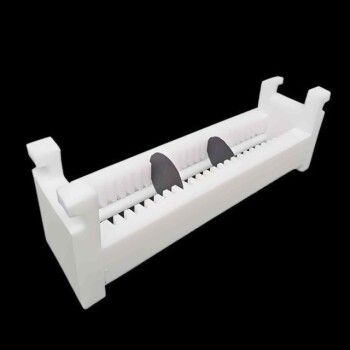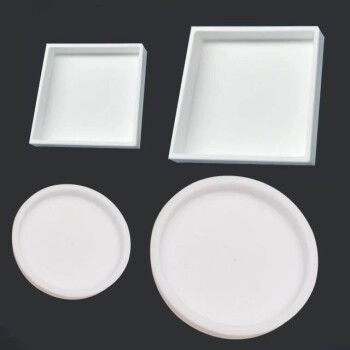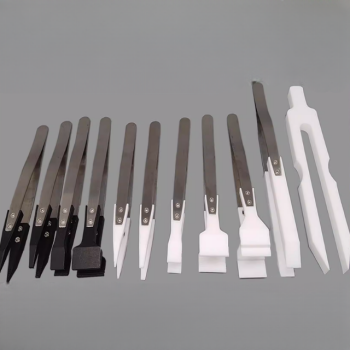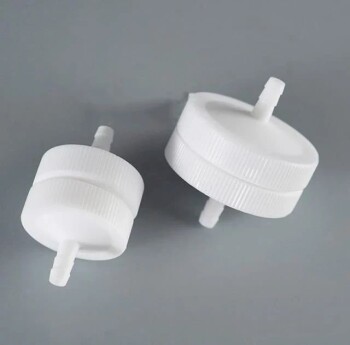Polytetrafluoroethylene (PTFE) exhibits excellent stability and wide application potential in high temperature environments. Its performance characteristics and actual cases are as follows:
High temperature performance
- Temperature tolerance range
-
Long-term use temperature: Most evidence indicates that the long-term use temperature range of PTFE is -200℃ to 260℃. Within this range, the physical and chemical properties of PTFE remain stable and will not soften, melt or decompose.
-
Short-term temperature resistance: It can withstand higher temperatures for a short period of time, such as 300℃ (use with caution) or 280℃ (conventional short-term).
-
Melting point and decomposition temperature: The melting point is 327℃, and the thermal decomposition temperature is about 400-420℃. Exceeding this temperature will cause obvious decomposition.
- Thermal stability and mechanical properties
- Low thermal expansion coefficient: PTFE has an extremely low thermal expansion coefficient (about 0.025×10⁻⁶/K), excellent dimensional stability at high temperatures, and is suitable for high-precision equipment.
- Anti-thermal aging: Long-term high-temperature use may cause molecular chain breakage, but reasonable temperature control can extend life.
- Other characteristics
- Chemical corrosion resistance: Almost unaffected by strong acids, strong alkalis and organic solvents.
- Low friction coefficient: The friction coefficient is only 1/5 of that of polyethylene, suitable for lubrication and anti-sticking scenarios.
- Electrical insulation: Low dielectric loss, high breakdown voltage, suitable for high-temperature electrical insulation.
Application cases
- Chemical and energy fields
-
- High-temperature reaction equipment: Used to manufacture corrosion-resistant pipes, valves, pump bodies and heat exchangers, and can withstand strong acids, strong alkalis and high-temperature environments.
- Sealing materials: used as seals (such as gaskets, annular seals) under high temperature and high pressure, and applied to chemical equipment and nuclear industry
- Aerospace and military industry
-
- High temperature resistant parts: used as rocket engine nozzles, spacecraft insulation layers and aircraft hydraulic system seals, maintaining performance under extreme temperatures.
- Lubricating materials: Low friction properties make it an ideal lubricating material for aviation bearings and gears.
- Electronic and electrical industry
-
- Insulating materials: used for high temperature cable sheaths, junction boxes and semiconductor equipment to ensure stable insulation at 260°C.
- Automobile manufacturing
-
- Engine parts: such as valve sealing rings and water pump sealing rings, taking advantage of their heat resistance and dimensional stability.
- Construction and livelihood projects
-
- Anti-stick coating: used for anti-stick coatings in bridges and large buildings, withstanding outdoor temperature differences.
Notes
- Temperature limit: Although PTFE is resistant to high temperatures, long-term temperatures exceeding 260°C may cause softening or performance degradation, and must be strictly controlled within the recommended range.
- Toxicity risk: High-temperature cracking (such as exceeding 400°C) may release highly toxic byproducts (such as fluorophosgene), so protection is required.
In summary, polytetrafluoroethylene has become an irreplaceable material in many industrial fields due to its unique high-temperature stability, but the use conditions must be optimized according to specific process requirements to ensure safety and durability.
Related Products
- Custom Machined and Molded PTFE Teflon Parts Manufacturer with PTFE Crucible and Lid
- Custom PTFE Teflon Parts Manufacturer PTFE Beaker and Lids
- Custom PTFE Teflon Parts Manufacturer for Hydrothermal Synthesis Reactor Polytetrafluoroethylene Carbon Paper and Carbon Cloth Nano-growth
- Custom PTFE Teflon Parts Manufacturer for PTFE Measuring Cylinder 10/50/100ml
- Custom PTFE Teflon Parts Manufacturer for Acid and Alkali Resistant Chemical Powder Material Scoops
Related Articles
- The key role of PTFE in semiconductor manufacturing: from gas pipelines to electrical insulation
- Introduction to Various Ceramic Crucibles
- PTFE seals: the invisible guardian of industrial leakage prevention
- Comparison of Pyrolytic Graphite and Pyrolytic Boron Nitride Crucibles
- Polytetrafluoroethylene (PTFE): How low friction coefficient promotes industrial progress
